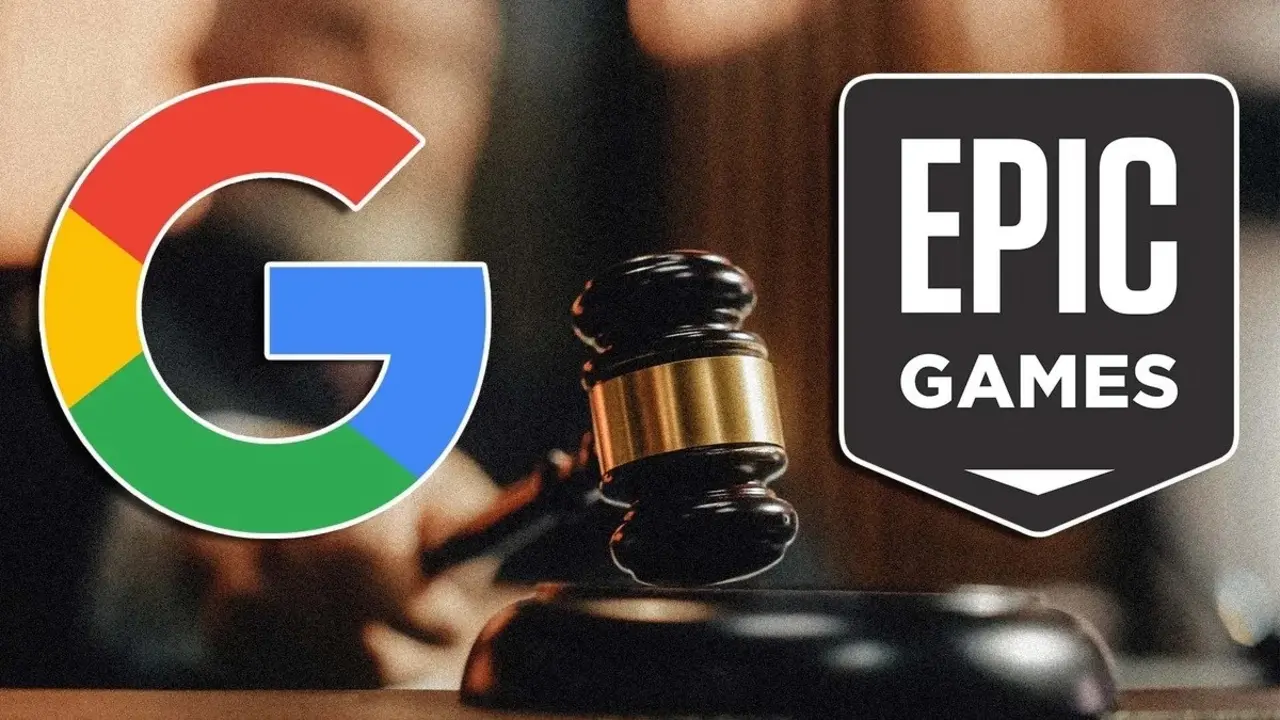One of the tech world’s biggest antitrust cases has concluded with a final ruling against Google. After the 9th US Circuit Court of Appeals rejected Google’s appeal in August, the search giant appealed to the US Supreme Court as a last resort. The Supreme Court’s final decision sealed the case. Google’s appeal was denied.
A New Era for Google: October 22 Deadline
This decision marks the final victory in Epic Games’ legal battle against the app and payment policies in the Google Play Store. With the Supreme Court’s rejection of the appeal, Google must now fulfill all obligations outlined in previous court rulings. This includes adhering to its goals of making the Play Store and app payment procedures more competitive. The start date for this process for Google is October 22.

According to the rulings, the main changes Google is required to make are as follows:
- Alternative Payment Systems: App developers will now be able to set up and use alternative billing systems for apps and subscriptions, bypassing Google’s own payment system and the 30% app tax.
- External Download Links: Developers will be able to freely direct users to download options outside the Play Store. Google is prohibited from displaying intimidating or deterrent warning screens to users who click these links.
- Third-Party Store Blocking: Google is prohibited from offering any payment or privilege to device manufacturers or mobile carriers in exchange for not pre-installing third-party app stores on devices.
- Visibility in the Play Store: Over the next three years, Google must develop a method for third-party app stores to be publicly visible within the Play Store and operate freely with full access to the app catalog.
These court rulings are expected to initiate a fundamental shift in app distribution and payment systems within the Android ecosystem, increasing competition and providing a significant cost advantage to app developers.













